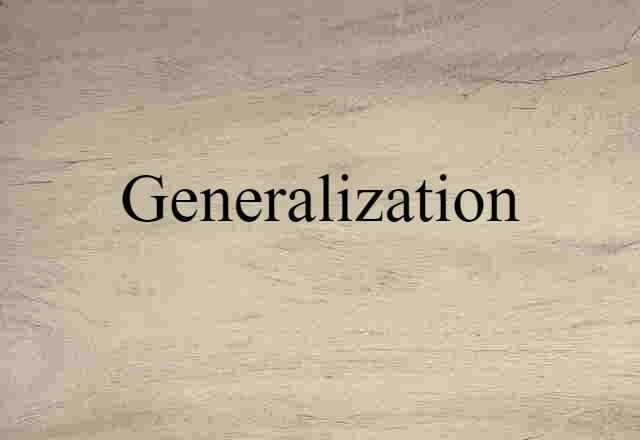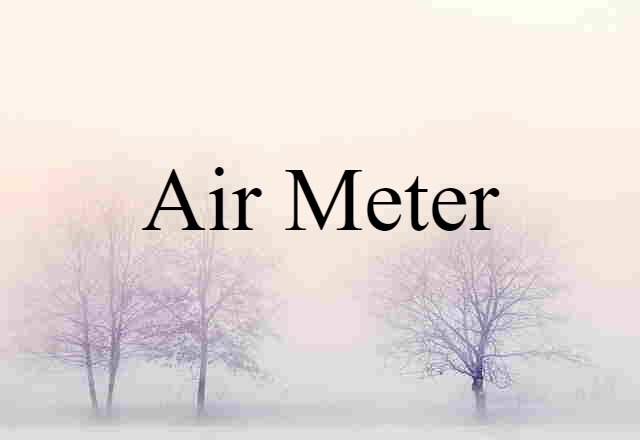- the act or process of generalizing.
- a result of this process; a general statement, idea, or principle.
- Logic.
- a proposition asserting something to be true either of all members of a certain class or of an indefinite part of that class.
- the process of obtaining such propositions.
- Psychology.
- the act or process of responding to a stimulus similar to but distinct from the conditioned stimulus.
- the act or process of making a different but similar response to the same stimulus.
- the act or process of responding to a stimulus not physically similar to the conditioned stimulus and not previously encountered in conditioning.
- the act or process of perceiving similarity or relation between different stimuli, as between words, colors, sounds, lights, concepts or feelings; the formation of a general notion.
- a principle, theory, etc, with general application
- the act or an instance of generalizing
- the evoking of a response learned to one stimulus by a different but similar stimulus
- the derivation of a general statement from a particular one, formally by prefixing a quantifier and replacing a subject term by a bound variable. If the quantifier is universal (universal generalization) the argument is not in general valid; if it is existential (existential generalization) it is valid
- any statement ascribing a property to every member of a class (universal generalization) or to one or more members (existential generalization)

More Definitions
- NANSEN PASSPORT (noun) Definition, Meaning & Examples
- RELATIVE BEARING (noun) Definition, Meaning & Examples
- GIBSON DESERT (noun) Definition, Meaning & Examples
- JOTTING (noun) Definition, Meaning & Examples
- PUSHER PROPELLER (noun) Definition, Meaning & Examples
- LATINATE (noun) Definition, Meaning & Examples















